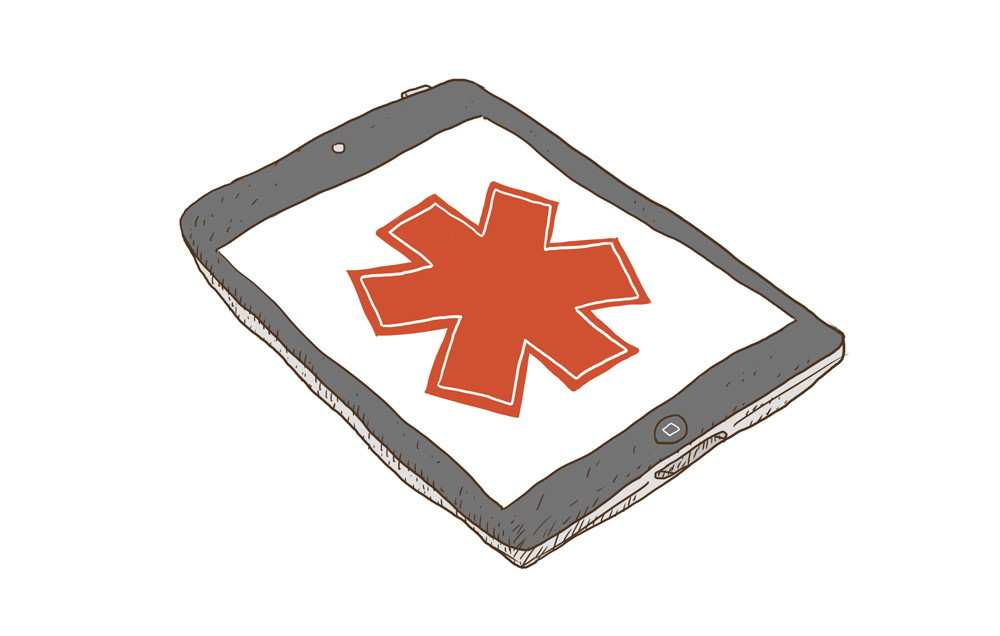Hacking is the best medicine
Internationally renown event comes to Winnipeg, promoting bottom-up approaches to health and wellness
The concept of “hacking” might not seem to have anything to do with getting a broken arm casted or blood transfused. But that assumption’s been mightily challenged as of late in the form of Hacking Health meet-ups, events that combine frontline healthcare professionals with designers and engineers to create technology-based solutions to pressing needs in doctor’s offices and emergency rooms. The event, which started in Montreal in 2012 and has made a dozen stops in other cities, has now finally arrived on the banks of Winnipeg.
“Winnipeg’s a great place to have it,” says Kristina Braun, a local organizer of the Hacking Health event and manager of programs and projects at the Life Science Association of Manitoba. “There’s a very strong health and wellness community in the city, and clearly the developers and designers here are quite well established; it’s a group that works together quite collaboratively.”
The idea of the “hackathon” is straightforward: participants pay $40 to enter the meet, and spend the next three days networking, pitching and collaborating on ideas. Teams form organically around ideas, Braun says, with circles ranging from three to 15 people. Some pretty stellar schemes have emerged from previous gatherings. So far, projects have ranged from mapping accessible buildings for people living with physical disabilities, to streamlining the transfer of lab results to patients, to assisting doctors in prescribing the correct antibiotic for patients.
A few “cafes” have already taken place, where people have congregated to begin the exchange of plans. Most recently, a clinic was held to teach aspiring app developers on the process of a minute-long pitch; judges declare a winner at the end of the weekend-long event, so the initial proposal - just like Dragon’s Den - serves as critically important. Mentors populate the floor to ensure the innovators are well supplied on direction. But the event’s certainly not restricted to professionals: Braun emphasizes that students and younger folk are more than welcome.
“If you have ideas to lend or experience in any area that you think would be helpful, we encourage you to come,” she says. “The people who are pitching the ideas don’t necessarily have to work in health and wellness; if you have thought that there should be some technology developed to deliver this in a better way, then you’re than welcome to come and put your idea out there and see what happens.”
Monetary prizes aren’t the outcome of the contest; mentoring - with the eventual goal of commercializing the idea - is the gift that sponsors bestow upon victors. Hacking Health presents the obvious plus of potentially scoring big bucks on an innovation. But more than anything, Braun stresses the significance of networking with other participants in the health, design and engineering community. Long-term advances in health and wellness won’t necessarily come overnight. Braun suggests that Hacker Health is a good place to start.
“If you have an idea, absolutely come and put it out there,” she says. “It’s just one weekend of your life and great things can come out of it.”
Hacking Health takes place from Nov. 14 to 16 at St Boniface General Hospital. Tickets are $40 for the weekend. Visit hackinghealth.ca for more information.
Published in Volume 69, Number 11 of The Uniter (November 12, 2014)







